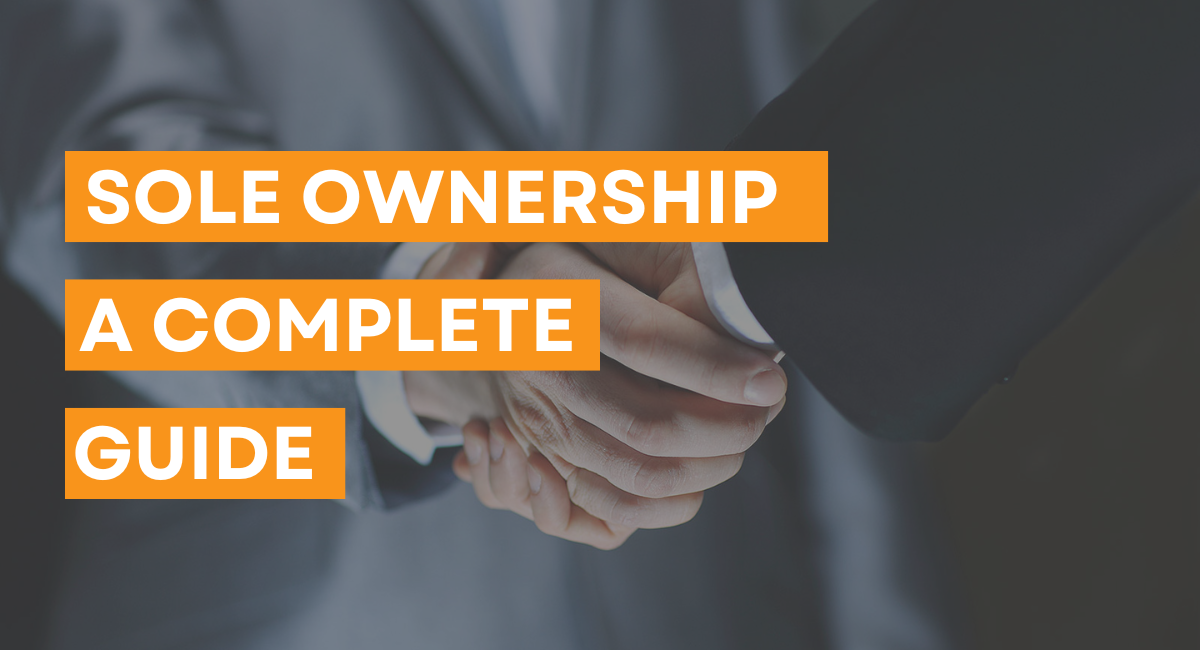Understanding Sole Ownership
Sole ownership in real estate refers to a situation where a property is owned by a single individual. This means that the individual has full control and responsibility over the property without any co-owners. Sole ownership is a common form of property ownership and comes with its own set of advantages and considerations.
Advantages of Sole Ownership
Full Control and Decision-Making Power
One of the primary benefits of sole ownership is having complete control and decision-making power over the property. This means that the owner can make decisions regarding the management, use, and potential sale of the property without having to consult or obtain approval from co-owners.
Simplified Decision-Making Process
With sole ownership, there is no need to coordinate with other co-owners, which can often lead to conflicts or delays in decision-making. This streamlined process allows the owner to act quickly and efficiently in managing the property.
Tax Benefits
Sole owners may be eligible for certain tax benefits, including deductions for mortgage interest, property taxes, and other expenses related to the property. Additionally, sole owners may have more flexibility in utilizing tax strategies to minimize their tax liability.
Considerations for Sole Ownership
Liability Risks
While sole ownership offers full control over the property, it also exposes the owner to potential liability risks. In the event of accidents or incidents on the property, the sole owner may be held personally liable for damages or injuries, which could impact their personal assets.
Financing Challenges
Sole owners may face challenges in obtaining financing for the property, especially if they have limited financial resources or credit history. Lenders may require higher down payments or charge higher interest rates to mitigate the risk associated with sole ownership.
Estate Planning Implications
Sole ownership can have significant implications for estate planning and asset distribution. Without clear directives in a will or estate plan, the property may be subject to probate proceedings, which can be time-consuming and costly for beneficiaries.
Conclusion
Sole ownership can be an advantageous form of real estate ownership for individuals seeking full control and flexibility over their properties. However, it’s essential to carefully consider the associated risks and implications before pursuing sole ownership. By understanding the advantages and considerations of sole ownership, property owners can make informed decisions that align with their financial goals and objectives.


